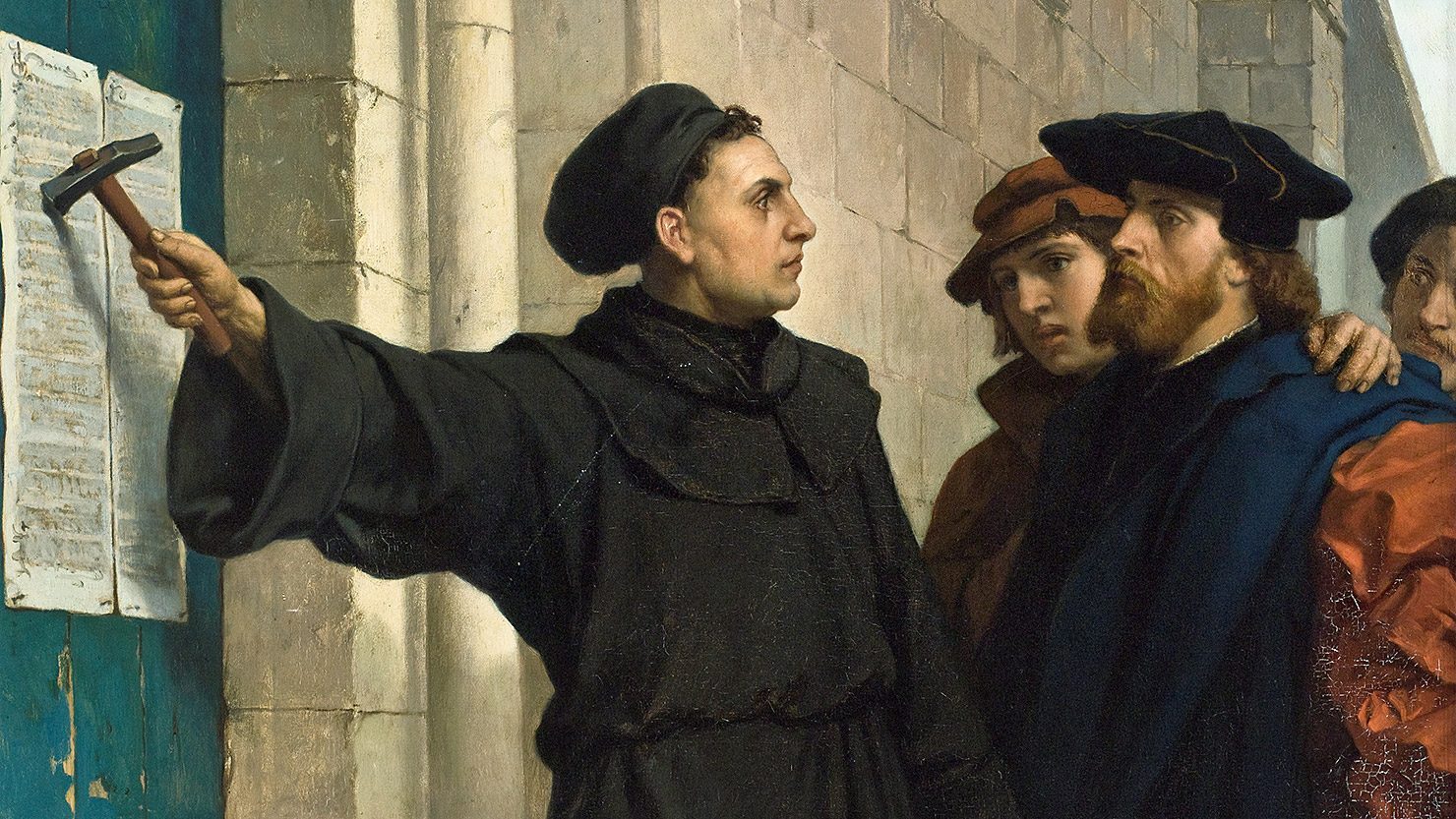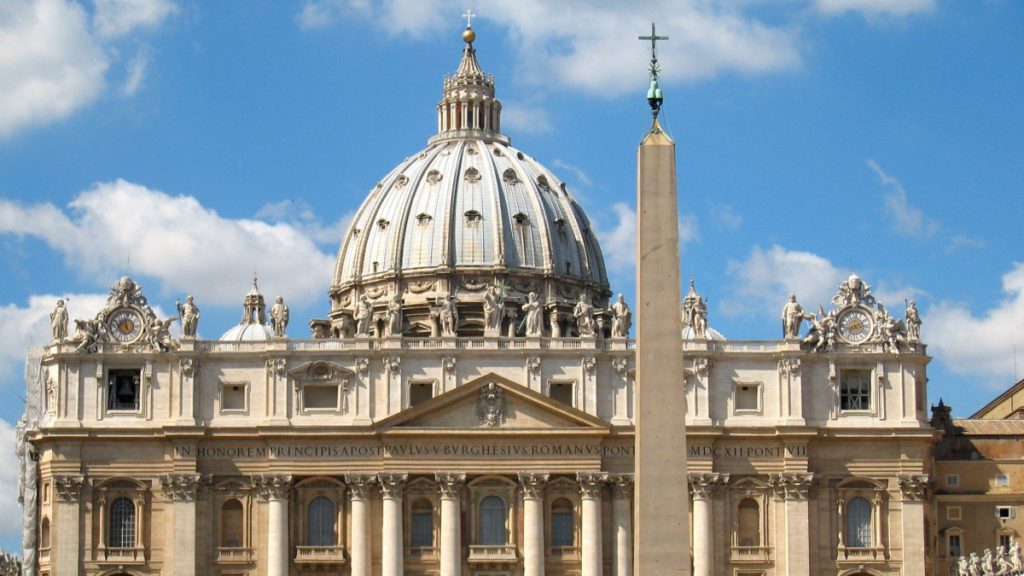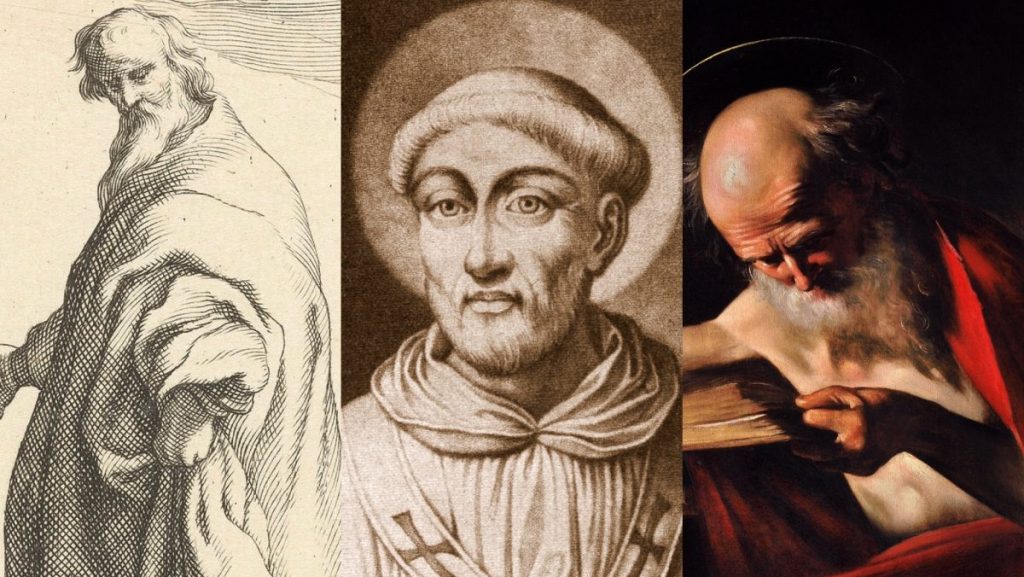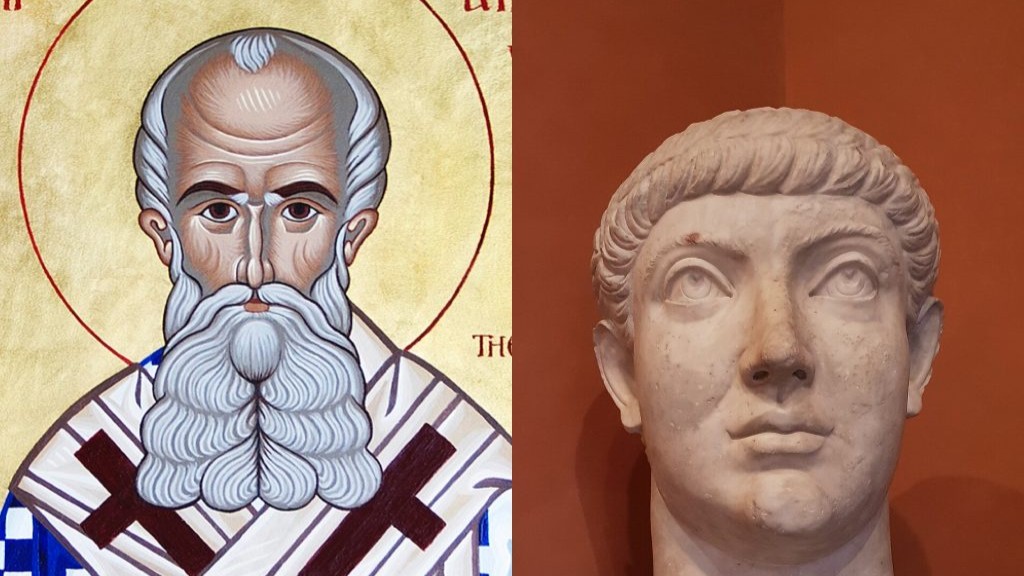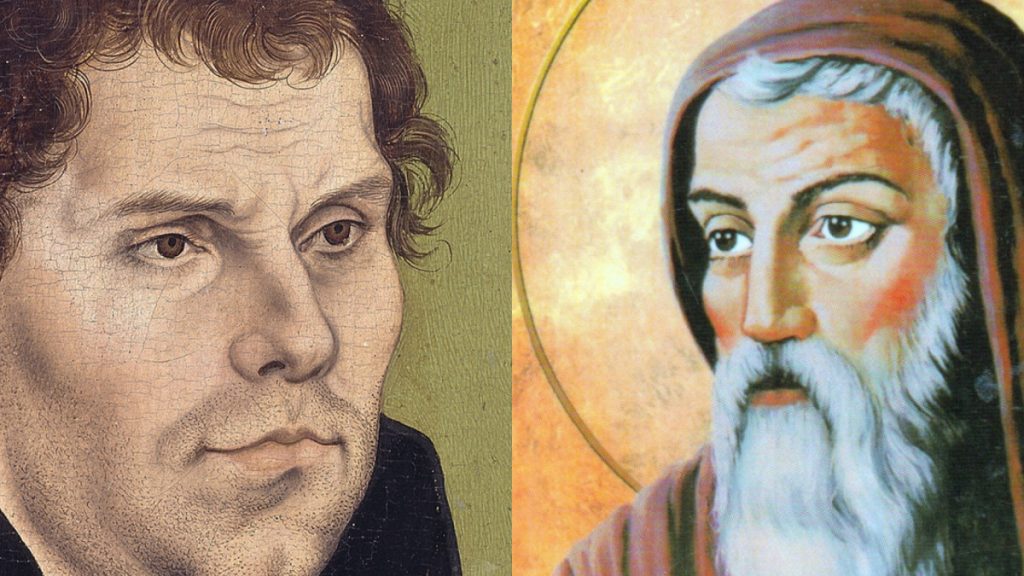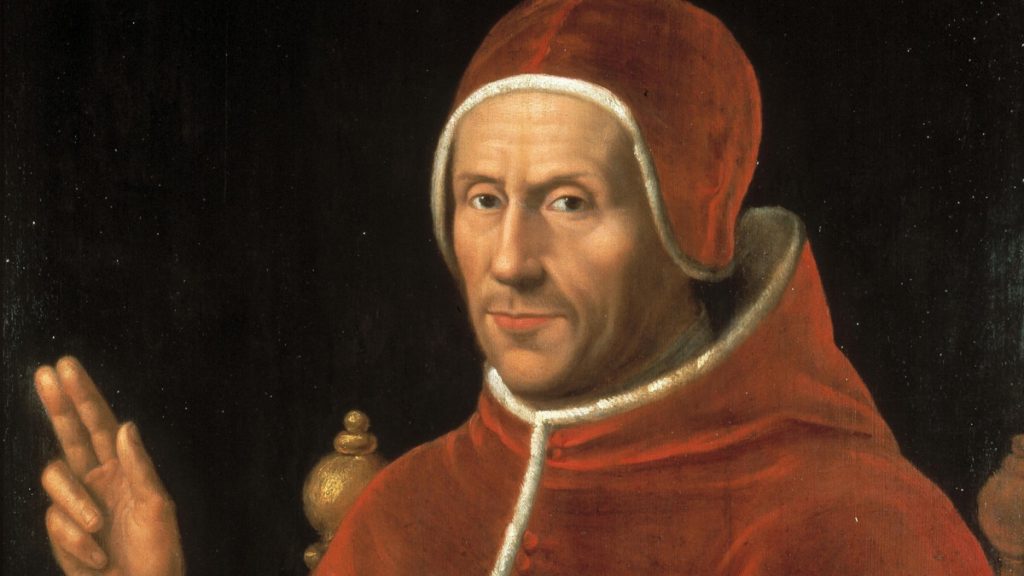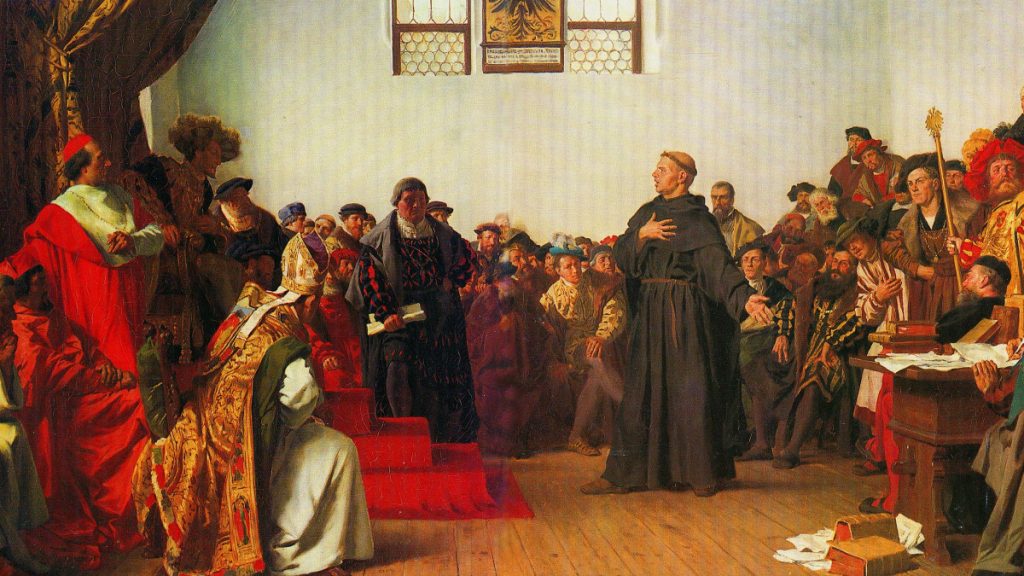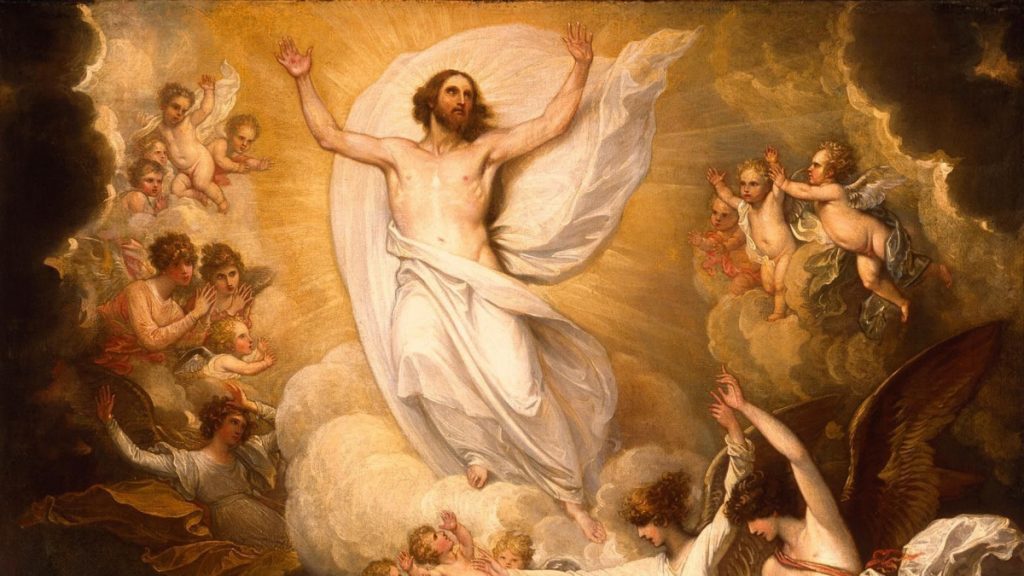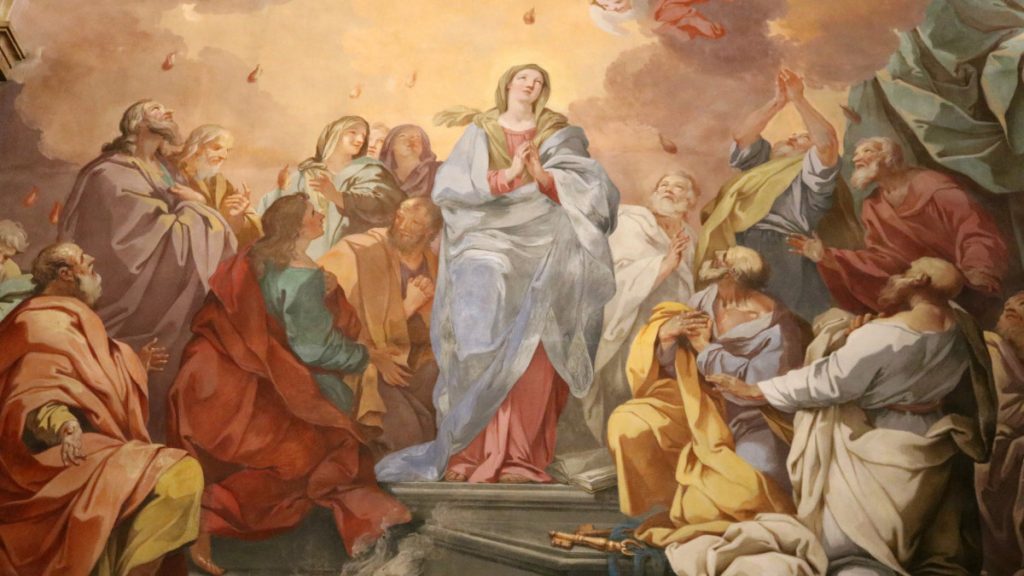(Updated June 5, 2025)
At the time and in the aftermath of the so-called protestant “reformation,” many Catholics warned of the inevitable consequences of various protestant principles. This Quote Archive compiles those warnings as we find them in our research.
St. Thomas More (1478-1535)
St. Thomas More, A Response to Luther (1523)
Why, therefore, do you think that the holy fathers either lacked good will or did not implore the help of God or did not have trust in God? If you argue that God is indicating to you at the present time so many, such useful, such necessary truths, why should you think that He concealed all these truths for such a long time from such holy men to the great detriment of His whole church?
But He did not conceal them, Luther. Rather, God opened their eyes and responded to their humility, whereas, rejecting your arrogance, He allows you to appear wise in your own eyes, so that, together with the philosophers whom you so often deride, while saying that you are wise, you may become foolish and vanish in your own reflections. And everyone likewise may grow foolish and vanish with you who, in the matter of virtue and faith, instead of preferring to risk his soul with so many troops of saints who he does not doubt are in heaven, would rather do so with a single blasphemous buffoon whom only a blind man does not see rushing headlong to hell… 185 | 193
Now, since Luther makes such a fair proclamation about the many Christian nations that obey the pope as to declare positively that they are all the most wicked of all men and that the church is undoubtedly not among them, unless, as he says, one excepts children and simple folk, I should like to ask him where in the world are those grown-ups and unsimple people who never sin, whom he calls the true church. For he says that all Italy, all England, Scotland, Ireland, all of Spain and Portugal are, and until the time of his own gospel all Germany was, clearly most wicked and the synagogue of Satan. For all these nations, it is well enough known, have up till now reverently acknowledged the successor of Peter…
But come, if, during the long period of time intervening between the healing death of Christ and the death-dealing birth of Luther, these nations did not form at least the greatest part of the church, tell me where on earth was the church? Even if the church is not confined to any part of the earth, nevertheless she must necessarily be in some part of it. Certainly, if she has not been in these parts of the earth, then for a long time now she has been either remarkably small or she has been nowhere. It is evident, then, that even if the church should not be the common multitude of Christians but the number of good men… 193 | 195 yet not even so have you proved anything. For, even of these men, it is certain that by far the greatest portion have for a long time now been among those nations which revere the See of Peter as the mother see. For there is not anywhere, nor for a long time has there been elsewhere, such a great number of peoples professing the faith of Christ.
It follows, therefore, that if these nations are not the church, at least the church is within these nations; or, and this cannot be denied, by far the greatest part of the church is among them. Yet up till now in these nations, all the best men have been especially obedient to the pontiff, all the worst men have been especially rebellious against the pontiff. Men of the greatest holiness have established laws; all the best men most carefully observed the laws; all the worst men most carelessly scorned them. With one heart they all venerated the sacraments; hardly one or the other of so many people arose during so many ages to murmur anything against them; and those who did were always of known and notorious wickedness. Whichever may be the true church, therefore, such as indeed exists or has existed a long time among these peoples who are foremost in the profession of the Christian faith, it opposes and always has opposed your teachings.
But if this statement, which, clearly, more than destroys all your arguments, seems negligible to you, then mention any people among whom at any time during all the ages before your birth your heresies have been approved. Show us among which Christians there was no difference between priest and layman; among which Christians women were allowed to hear confessions; where females were believed to be priests and fitted for consecrating the Eucharist; where it was accepted that no laws bind the Christian; and a thousand similar absurdities. If you cannot do this, as you certainly cannot, then you have nothing further to prate about the church. For whichever has been the true church through so many ages, whether that has been the common multitude of good and bad men, or only the number of good men, whether in those regions which obey the Roman pontiff or anywhere else on earth, that church has always disagreed with you and has condemned your utterly insane teachings.
Now let us see whether he does not by every trick possible attack the very sacred scripture for which he pretends to fight.
In the first place, to say nothing of how he everywhere very wickedly, everywhere stupidly twists the scriptures to the defense of destructive teachings, what can more thoroughly or more clearly destroy the whole force and fruit of all the scriptures than the fact that this fellow strives hand and foot so that no one will believe any learned men at all concerning the interpretation of scripture; so that no one will believe any of the holy fathers at all, or all men taken together at all; not believe the whole church at all, though it has been of one mind from the very origins of the church until this day; but that each one will oppose his own interpretation to everyone?
What fruit will the scriptures bring forth if anyone whatever claims such authority for himself that in understanding them he relies on his own interpretation in opposition to that of everyone else, so that he is influenced by no authority at all not to measure the scriptures according to feeling and fancy? Here he clearly opens the window by which the people may plunge into perdition.
Tell me, Luther, by your madness, if you had lived during that tempest in which the church was thrown into turmoil by Arian storms, would you have urged what you now urge: that anyone of the 283 | 285 common people who pleased might consider himself qualified judge concerning that controversy, and that each one might rely on himself in understanding the scriptures which he read, and that he might make light of the judgment of the holy fathers who were present at the council sessions in which the heresies were condemned, so that, although you admit that Christ is present wherever two or three are gathered together in His name, you deny that He was present where there were gathered together in that same name six hundred men, and those from every part of the Christian people?
But who is so blind as not to see that in this matter you have no other intention than that, after abolishing completely the authority of public agreement, you may be able to stir up a tumult from the heedless disagreement of private individuals, in which case you may find some men foolish enough to think themselves free to rely with impunity on you, a single scoundrel, in opposition to the faith of everyone else? Lest the authority of scripture might have any force against you, you work so that each person will drag into doubt the meaning of the sacred writings and defend his own fancy not only against the judgment of all the holy fathers, against the universal judgment of the whole church, but even against the judgment of blessed Paul the apostle.
Suppose there is a question about the meaning of a scriptural text. He [Luther] first presents what he himself either thinks or at least pretends to think; you in turn present whatever has always been the judgment of all Christians; he drives everyone away like flies and begs that he be believed. He denies that human laws are useful; you in turn present whatever has always been the judgment of mortals; he jeers at the whole world and demands that he be believed. He denies the sacrament of extreme unction [last rites]; you in turn present the apostle James; he contemns the apostle and demands that he be believed. Thus, almost everywhere he begs that his initial premise be granted him: that in all matters, he alone be believed…
[O]n this initial premise and brilliant axiom of Luther rests the whole foundation of the marvelous Lutheran doctrine. Once this initial premise is granted, it is amazing to relate the sort and importance of the conclusions he will prove to you in such a way that you simply cannot deny them.
Michel de Montaigne (1533-1592)
Michel de Montaigne, Essay: An Apology for Raymond Sebond
(Book 2, Ch. 12)4
[T]hat was when the novelties of Luther were beginning to be esteemed, in many places shaking our old religion. He [Montaigne’s father] was well advised, clearly deducing that this new disease would soon degenerate into loathsome atheism. The mass of ordinary people lack the faculty of judging things as they are, letting themselves be carried away by chance appearances. Once you have put into their hands the foolhardiness of despising and criticizing opinions which they used to hold in the highest awe (such as those which concern their salvation), and once you have thrown into the balance of doubt and uncertainty any articles of their religion, they soon cast all the rest of their beliefs into similar uncertainty. They had no more authority for them, no more foundation, than for those who have just undermined; and so, as though it were the yoke of a tyrant, they shake off all those other concepts which had been impressed upon them by the authority of Law and the awesomeness of ancient custom.
Nam cupide conculcatur nimis ante metutum [“That which once was feared too greatly is now avidly trampled underfoot”; Lucretius, V, 1140, alluding to regicide].
They then take it upon themselves to accept nothing on which they have not pronounced their own approval, subjecting it to their individual assent.
